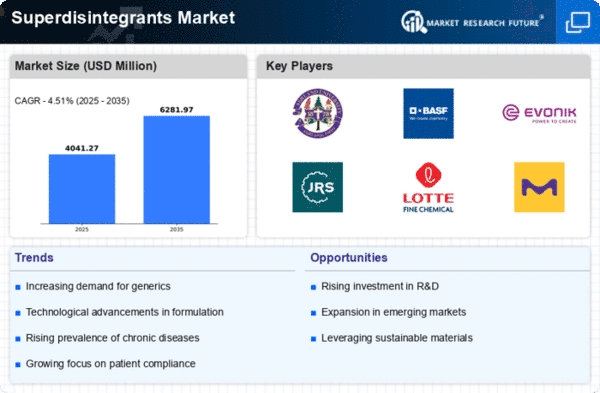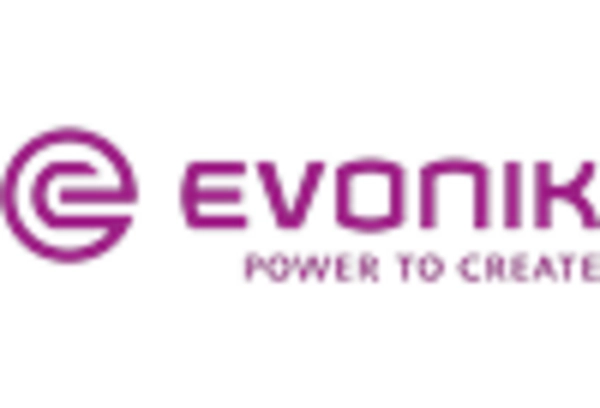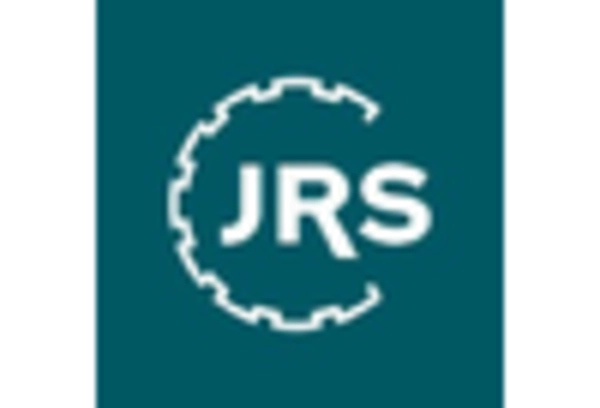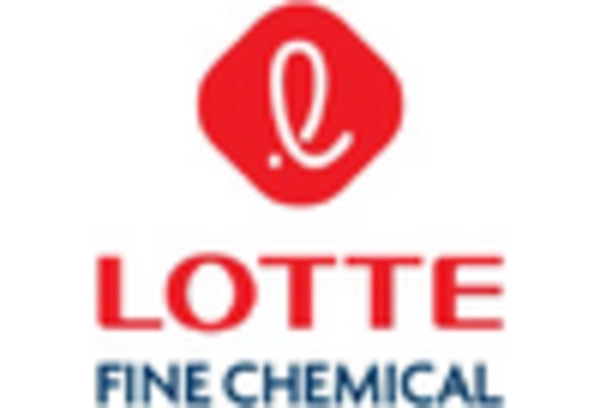Market Trends
Key Emerging Trends in the Superdisintegrants Market
There are major changes in the market for pharmaceutical waste management that have been driven by various factors, including heightened worldwide concern on environmental sustainability, stricter regulations, and increased amounts of pharmaceutical waste from healthcare facilities. Among the significant developments in this area is an increased emphasis on eco-friendly and sustainable methods of managing pharmaceutical waste across the industry. Fear regarding ecological impacts of drugs remains a driver for establishments and organizations to find innovative ways of reducing, reusing and recycling unused or expired medicines.
Regulatory actions have an impact on shaping global trends in regards to how pharmaceutical waste is managed. Governments around the world are enacting strict policies that ensure proper handling as well as disposal of drug wastes so as not to contaminate environment which can be hazardous to human beings. These rules have resulted into embracing new technologies and services in waste management leading to emergence specialized companies providing complete solution for disposal of medical stuffs.
The way chemicals used in hospitals are wasted has changed due to technological advancements. The market has witnessed a rising number of new technologies such as: onsite treatment systems reverse logistics methods smart disposal techniques that enable these products saves more energy but do not harm our environment through efficiency enhancement mechanisms. In addition to ensuring safe disposal practices, these technological advancements work towards overall goals that will enable all drugs not have any adverse effects towards natural life generally.
The segmentations within the market for pharmaceutical waste management consequently can accommodate different categories of drug wastes like; hazardous pharmaceuticals waste e.g., expired drugs, contaminated materials, cytotoxic drugs which call for specific handling and disposal procedures. Services effective at managing such risks are now highly demanded since they comply with directives from relevant bodies thereby minimizing their people’s exposure risks.
It has been established over time that money saved can be done so using such approaches. Useless empty concept between molecules among nutshell holistic existence principle shall end soon. It is one step closer towards achieving sustainability objectives when some by-products resulting from medicinal waste can be recycled or changed into reusable substances or energy sources.
Pharmaceutical companies are working together with waste management service providers in the pharmaceutical waste management market. Partnerships and collaborations have resulted in integrated waste management tools that follow through from cradle to grave of pharmaceutical products. This leads to a seamless flow from drug discovery, manufacturing, consumption unto its destruction.
The patients demand hospitals and pharmaceutical industries to be sustainable due to increased public awareness about environmental impacts of medical drugs. Therefore, it requires open communication involving visible sustainability initiatives within healthcare industry’s approach towards managing pharmaceuticals wastes. Companies concentrating on eco-friendliness might achieve competitive edge because the consumers now prefer them.
There are still some problems in the medical field, particularly concerning waste disposal. There is an increasing need for education amongst those who deal with the matter and the customers. Few experts working at different hospitals and other individuals have been made aware of entire consequences brought about by environmental degradation emanating from poor ways of drugs remains disposal that may be taken for granted within healthcare sector. It also essential to provide knowledge on how to manage diverse wastes responsibly as a way of promoting good practices in this area.


















Leave a Comment